-
На жаль, за вашим запитом нічого не знайдено, ви можете пошукати інше ключове слово, або звернутись до нас із вашим запитанням через форму зворотнього зв’язку
Результати пошуку (25)
Всі результати (25)
Kyiv Hosted an Expert Discussion, Compensation for Damage Caused by the War: Expectations of Those Affected and Barriers to Access t
9 квітня 2025
Lawyers, human rights activists, state representatives, and national and international experts discussed how to protect the rights of the war-affected population, simplify compensation mechanisms, and what the strategy for transitional justice in Ukraine should be.
The purpose of the event was to raise the following issues for public expert discussion:
- Who is a war-affected person in Ukraine?
- How should the damage be recorded?
- What should be the extrajudicial mechanisms for restoring justice?
- Which state body should be responsible for developing relevant policies?
- Why should these processes not be delayed?
The first panel discussion focused on the topic, The War-Affected Person: Criteria for Determining and Extrajudicial Instruments for Restoring Rights. This particular issue aroused considerable interest among the audience. It was not only about the definition, but also about the real legal invisibility of millions of people who have suffered losses, injuries, displacement, or occupation.
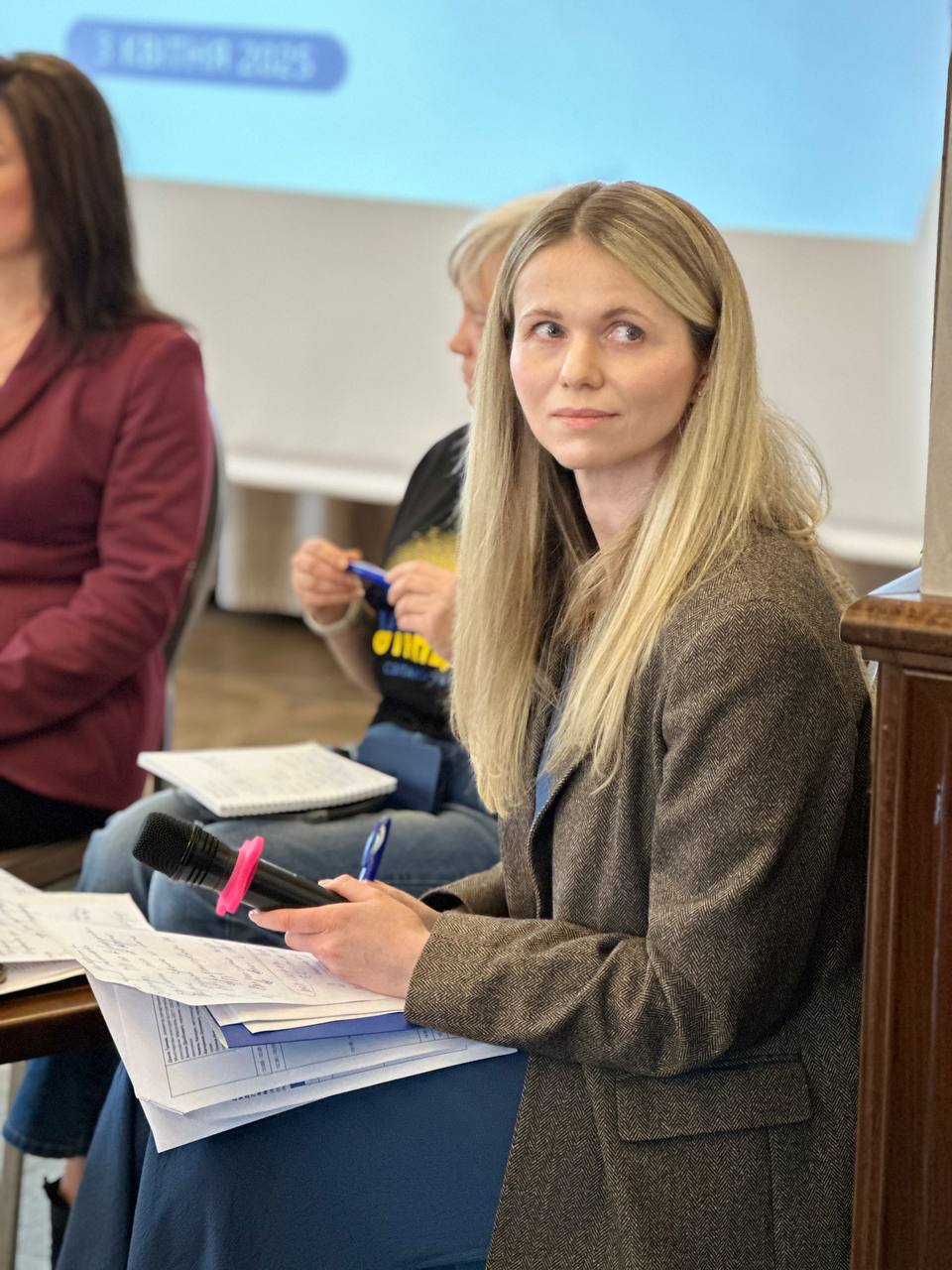
Olha Denkovych, Head of the Social Cohesion programme of R2P
In the 12th year of the war, Ukraine still does not have a legislative definition of the war-affected person. Unfortunately, this issue and the legislative framework for transitional justice in general disappeared from the authorities' political agenda after the liquidation of the Ministry of Reintegration.
During the event, the Consequences of the Russian-Ukrainian War for the War-Affected Population: Impact Assessment, Expectations for Reparations, and Access to Instruments of Rights Restoration research was presented (available in Ukrainian).
The research covers not only statistics and the extent of the destruction, but also pays considerable attention to the personal stories of those affected: their experiences and the challenges they face. It also focuses on the available mechanisms for documenting war crimes and the long-term threats to social cohesion. The structure of the research includes two key parts: the first is based on interviews with those affected and their expectations, and the second is based on an analytical assessment by human rights defenders of the effectiveness of existing legal instruments. This approach allows us not only to record the consequences of the war but also to formulate a more informed response to them at the state and societal levels.
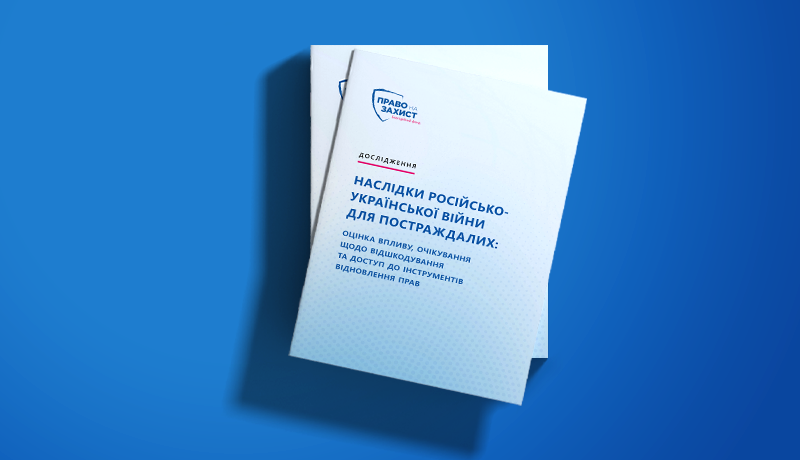
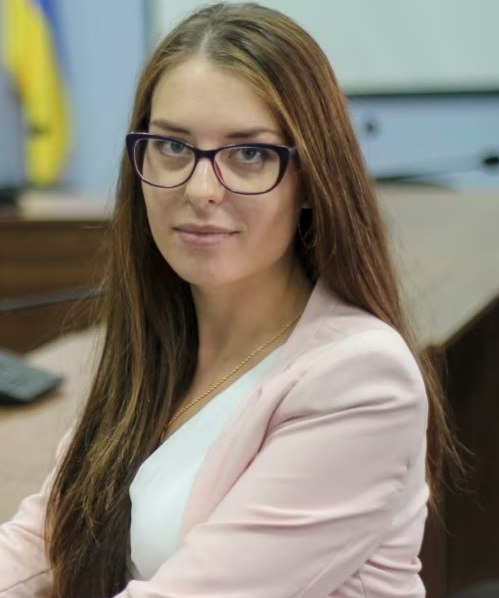
Iryna Kalupakha, Director of the Department for Monitoring the Observance of the Rights of Citizens Affected by the Armed Aggression against Ukraine, Secretariat of the Ukrainian Parliament Commissioner for Human Rights
In 2022, the Ombudsman recommended defining at the legislative level who war-affected persons are and their legal status. And also to ensure the categorisation of such persons. It is also very important for the government to adopt resolutions on establishing and operating systems for recording damage caused by the armed aggression of the russian federation as soon as possible.
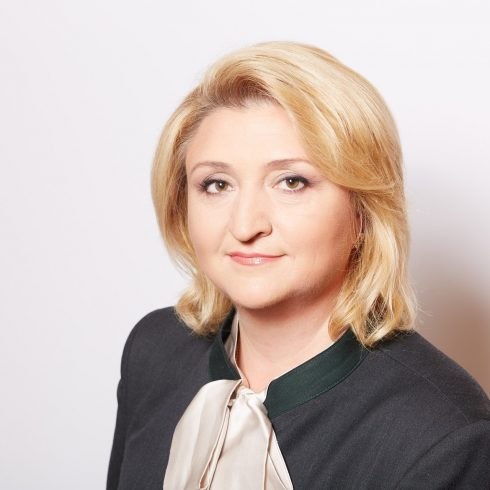
Olena Semeiorkina, Expert of the Analytical Department of the Ukrainian Helsinki Human Rights Union, Honoured Lawyer of Ukraine
First, we need to identify who the war-affected person is. We need to do this to protect the individual, help them recover, reduce physical and mental suffering, and protect them from future legal violations.
The international perspective on the importance of acknowledging violations and establishing compensation mechanisms was highlighted.
Noel Calhoun, Deputy Head of Mission of the Office of the United Nations High Commissioner for Human Rights
It is significant that it is recognised that certain violations took place during the war, and that a commission is set up to review applications for reparations. These violations should be qualified so that international experts can understand which ones occurred during the war. Establishing and understanding the facts of human rights violations can help Ukraine with its reforms, particularly in preparation for joining the European Union.
Special attention was paid to the cultural dimension, particularly the problems of residents in frontline regions and temporarily occupied territories.
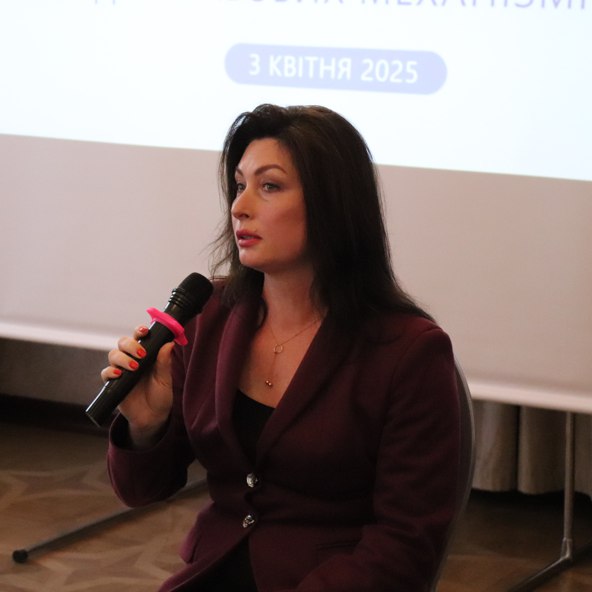
Diana Tryma, Director of the Department of Restoration and Cultural Reintegration at the Ministry of Culture and Strategic Communications of Ukraine.
Young people remain under the influence of propaganda in the occupied territories. Not all people left and had their own personal reasons for doing so. At the same time, the issues of IDPs and frontline regions are gradually fading into the background. Despite the importance of national identity based on culture and education, these aspects do not have priority status. Legislation still does not define displaced cultural institutions, and the programme to support them remains frozen. All of this complicates the restoration of Ukraine's cultural space and requires priority attention from the state.
Experts pointed out that the experience of transitional justice has already been partially applied in Ukraine, although without proper reflection.
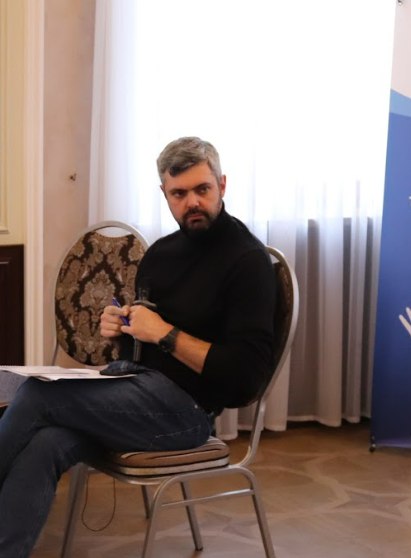
Anton Drobovych, Head of Human Rights and War Memorialization Center at Kyiv School of Economics
The question arises: has Ukraine had experience with transitional justice? In my opinion, after the communist-totalitarian regime, we adopted a number of laws and bodies took measures envisaged by the concept of transitional justice. They are just not reflected. In fact, no country can claim to have done a fantastic job with transitional justice. We all have to understand that these processes will be difficult and unpopular, but if these tools are not implemented at all, the consequences will be catastrophic.
They also addressed the moral aspect of defining the war-affected people.
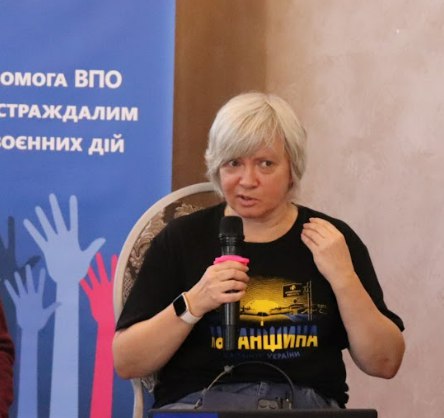
Olena Nizhelska, Head of the Board of UPS Association
Despite the term “hybrid warfare” being heard less frequently, its essence remains unchanged, and the information space remains as essential a front as the battlefield. In determining the status of war-affected people, it is crucial to avoid comparing suffering and competing for greater misfortune. Recognition of different experiences and their value to society should be the focus. It is particularly significant not to devalue the experiences of those who remain under occupation or have been forced to move abroad, as each experience of war is unique and deserves attention and support.
The discussion also focused on the expectations of survivors of war-related sexual violence.

Kateryna Shunevych, Head of the Jurfem Analytical Centre
The development of state policy to support survivors of conflict-related sexual violence is already showing some momentum and can serve as an example for a comprehensive approach to helping all affected. It is the needs of survivors that determine the measures that need to be implemented, both to restore justice and to build an understanding of what that justice means in practice. The particular focus on survivors of sexual violence is driven by the fact that since the beginning of the conflict, efforts by the state and many organisations have been directed towards developing a framework, both legislative and institutional, to address their immediate needs.
Conclusions and Next Steps
The event led to the formulation of key recommendations for government agencies, international partners, and civil society on the need to establish transparent and effective mechanisms for compensation. The experts agreed that Ukraine should develop a legislative framework for transitional justice and reintegration, establish an effective compensation system based on the principles of truth and simplification of the evidence procedure. It is also vital to improve compensation mechanisms and raise awareness among citizens about their rights and opportunities. These findings will form the basis of a supplement to the research, making it even more helpful.
The event, organised by Right to Protection, was an essential step towards developing an effective system of legal protection for the war-affected population and their reintegration into society.
